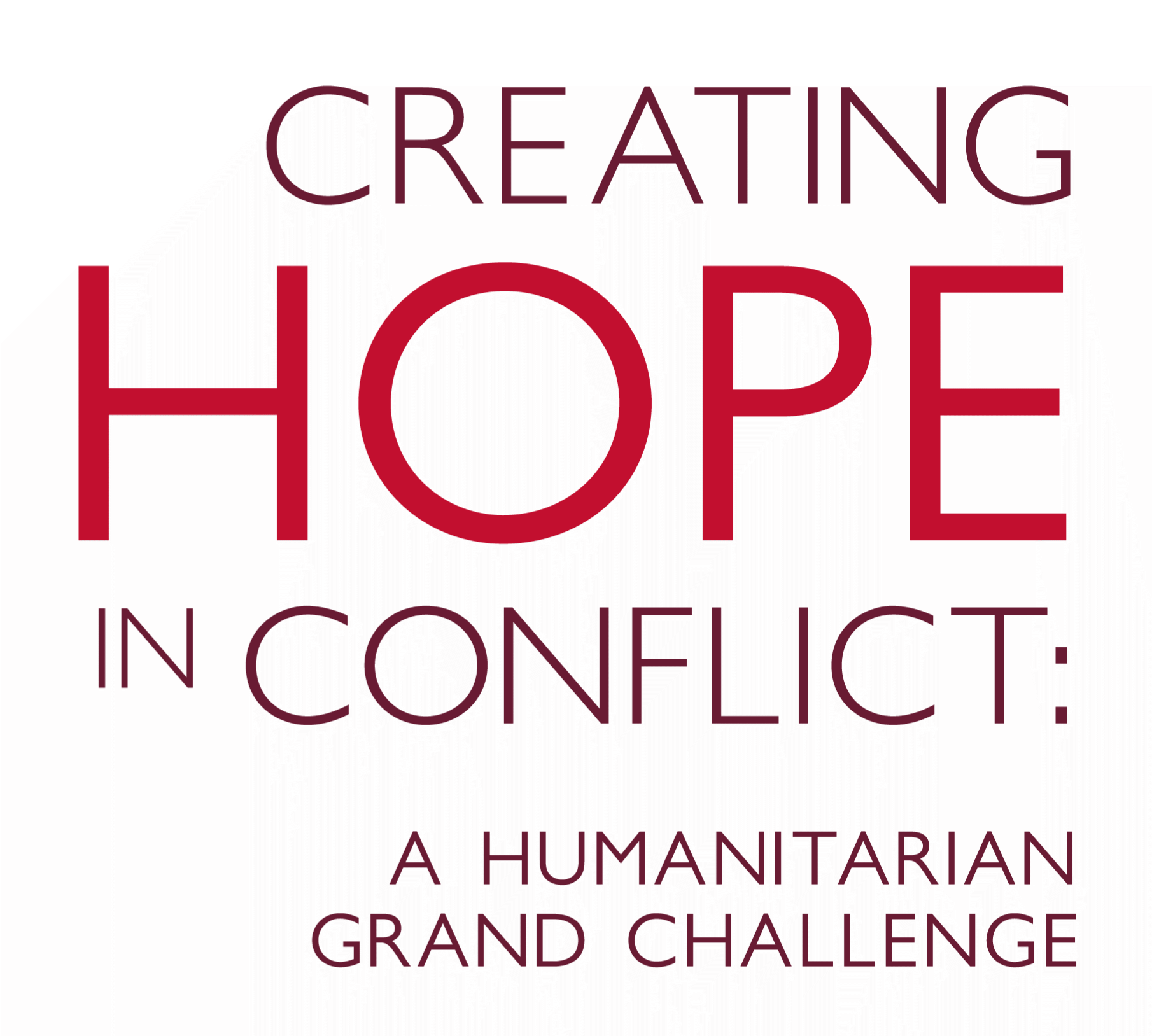Humanitarian Language Toolkit: AI-Enabled Qualitative Engagement with Conflict Populations
THE CHALLENGE
In the current humanitarian response system, needs assessment approaches often require interviewers to convert complex responses into simplified quantitative data. More nuanced insights require the use of robust qualitative methods, but severe language barriers and lack of resources make proper transcription almost impossible in conflict and disaster settings. As a result, humanitarian operational decisions frequently fail to consider crucial information about the specific needs and views of affected people—especially the most vulnerable.
THE SOLUTION
To develop a technology that can improve the quality of needs and other assessments across the humanitarian sector, Kobo, Inc. developed a natural language processing (NLP) toolkit for systematic recording, transcribing, and translating of interviews between humanitarian organizations and conflict-affected persons. The toolkit helps overcome language barriers to improve humanitarian response, planning, and accountability, by capturing and understanding community feedback in a more meaningful way. The prototype was finalized under CHIC funding and released in November 2022, providing humanitarian teams a tool to automatically transcribe audio during qualitative interviews from 72 languages (including 138 regional variants), with machine translation available for 106 languages. The new features also allow humanitarian staff to easily verify and edit texts as needed so they can focus on using the information to make critical decisions. Within days of releasing the prototype, humanitarian users in 26 countries with humanitarian response operations began using the new tools for their work, as determined by data collected from Google Analytics and an ongoing user survey. In 2021, KoboToolbox was selected as the Gold Winner for Best Humanitarian Product in the inaugural Anthem Awards.
